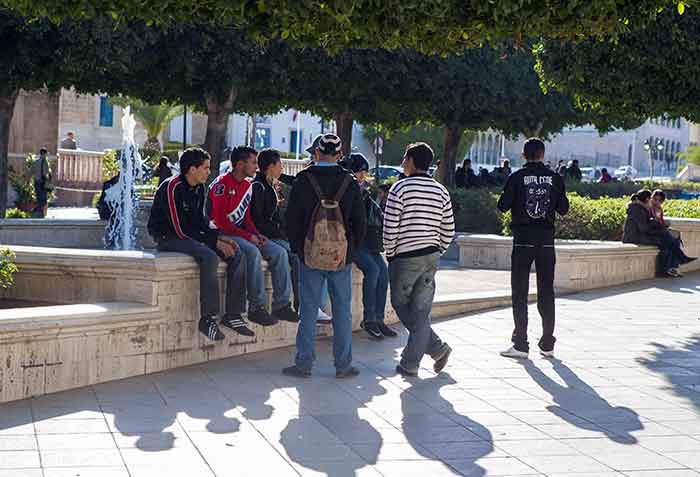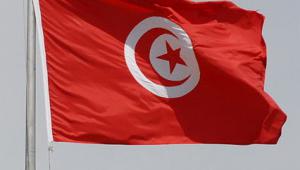web_tunisiastudents_shutterstock_290889734.jpg

A group of students in Tunisia
The project will support ongoing reforms to improve the management of universities and the quality of teaching, as well as to ensure students are graduating with the skills demanded by the labour market. Tunisia’s employment crisis has lead to protests, violence and a subsequent nationwide curfew across the North African country.
Additionally, the project will build on work to link higher education institutions to the private sector.
This “closer relationship will form the foundation of Tunisia’s new economic model and will be essential for meeting the needs of Tunisia’s young people”, explained Eileen Murray, World Bank country manager for Tunisia.
“The country will need a highly skilled workforce if it is to move up the value chain and generate both the quality and quantity of jobs required, and the reform of higher education is critical to ensure it is equipping students with the necessary skills,” she continued.
The bank said a competitive grant scheme will encourage higher education institutions to improve the quality of teaching and adopt international best practice standards, as well as develop programmes jointly with employers and facilitate the transition to work through internships and career guidance.
A second component of the project will focus on modernising higher education management.
While Tunisia has an impressive record in promoting access to education – university enrolment jumped from 8% in 1990 to 35% in 2011 – this has not lead to improved labour market outcomes.
According to the Tunisian National Statistics Institute, the rate of unemployment among young people with university degrees alone has reached more than 30% over the past six years. The International Labour Organisation puts that at 40% in rural areas.
The country’s employment crisis has lead to widespread rioting and unrest across the country, with many citizens disgruntled with the lack of progress and continued lack of opportunities since the country’s Arab Spring revolution in 2010, which saw the downfall of former president Zine al-Abidine Ben Ali.
Joblessness now stands at 15%, compared to 12% at the time of the revolution. Tunisia’s successive governments have been blamed for failing to get round the complex laws put in place to benefit the former regime.
Further economic woes stem from a number of terrorist attacks in the country last year, which hit the country’s tourism industry, falling demand for exports from Europe, and the fallout from the civil war in neighbouring Libya.
Last week the World Bank also warned that nearby Morocco’s economic diversification must be accompanied by greater job creation and youth inclusion.
During a visit to the country, Hafez Ghanem, World Bank vice president for the Middle East and North Africa region, said that while Morocco is pushing a reform agenda and setting an example for the region and beyond, it also needs to ensure greater social inclusion and more economic opportunities.













